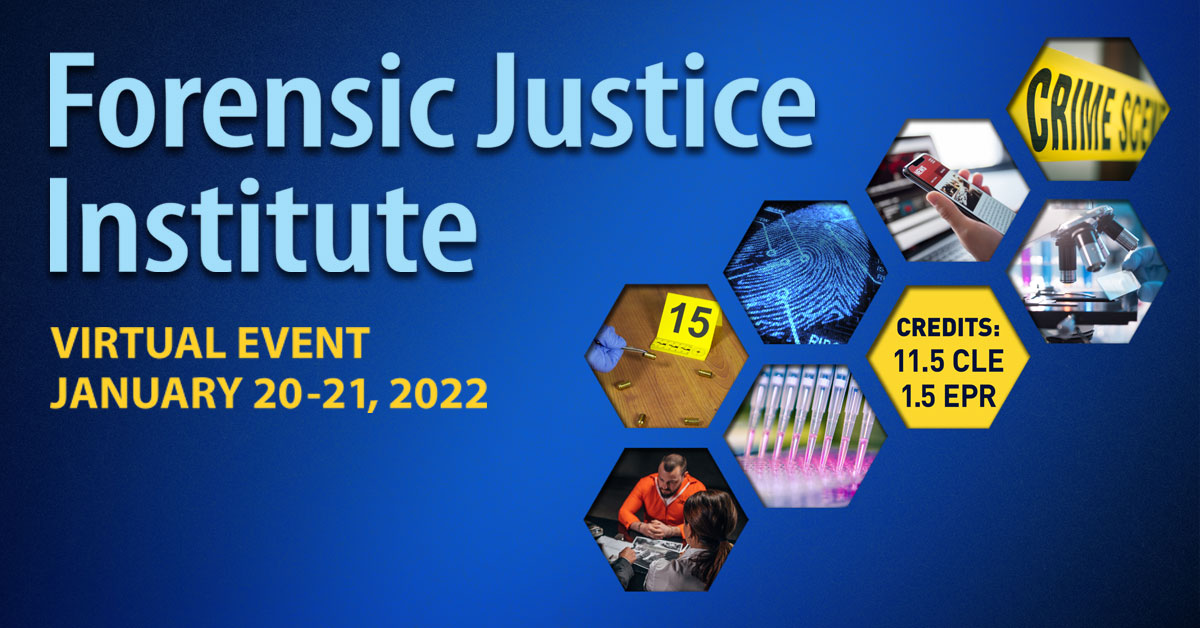On the Radar
Employment Law: COVID Vaccine/ Testing Mandate

In November 2021, the federal Occupational Safety and Health Administration (OSHA) issued an emergency temporary standard “requiring employees of covered employers to undergo COVID-19 vaccination or take weekly COVID-19 tests and wear a mask.”
The rule would apply to employers with 100 or more employees. Employees who object to the vaccination would be required to pay for regular COVID testing starting in early January 2022.
However, one week after OSHA issued the mandate, a three-judge panel for the U.S. Court of Appeals for the Fifth Circuit based in New Orleans blocked implementation of the regulation, concluding that OSHA exceeded its authority in promulgating the rule.
Similar cases are percolating in other circuits, and a consolidated appeal is likely headed for the U.S. Supreme Court.
Some large employers have implemented vaccine or testing mandates on their own, regardless of any requirement from the federal government.
Source: New York Times; USA Today; 86 Fed. Reg. 61,402 (Nov. 5, 2021); BST Holdings L.L.C. v. Occupational Safety & Health Admin., No. 21-60845 (5th Cir. Nov. 12, 2021).
Tech Tip
Avoid Burnout: Take a Break

Technology might make it possible to work from anywhere, anytime. But that doesn’t mean you should.
“Attorney burnout is a widespread problem in the legal profession, as it is for the legal professionals who support attorneys,” wrote Lindsey Dean for the InfoTrack Twenty blog.
The holiday season can be stressful enough. Dean says legal professionals should be deliberate in how they plan to rest and relax before the new year.
“Legal burnout can take many forms, but there are common symptoms, such as exhaustion, inability to concentrate, and a feeling of detachment and disengagement from work. As is made clear by the statistics … self-medicating with alcohol or drugs is another clear sign of burnout.”
How do lawyers find time to take the breaks necessary to avoid burnout?
Dean says short-term breaks can help throughout the day, even 5-minute breaks. For longer breaks (such as vacations), plan ahead by notifying clients, the court, and opposing counsel. Manage deadlines to get necessary extensions, and plan for backup.
Rather than totally disconnecting from work during a break, consider a hybrid approach, such as occasionally checking emails while on vacation for your own peace of mind.
But here’s the bottom line: “The recovery benefits of a break can more than make up for the ‘lost’ time that results from abandoning the constant press of work,” Dean says.
If you or someone you know is struggling, the State Bar’s Wisconsin Lawyers Assistance Program (WisLAP) can help. This confidential resource is available year-round, 24/7.
Call the WisLAP 24-hour Helpline: (800) 543-2625
Got a Nugget to Share?
Send your ideas for interesting facts, trends, tips, or other bits and bytes to wislawmag@wisbar.org, or comment below.
Quotable
“While the challenges of the pandemic that drove the mass adoption of remote technologies will subside, the spread of these innovations has dramatically altered consumer expectations as a result of exposure to more flexible, convenient methods of interaction.”

– Legal Trends Report 2021, an annual report published by Clio, a practice management software provider.
“These changes to how people interact are here to stay, and as more and more legal professionals adapt to these new preferences, those who do not are going to be left behind entirely.”
By the Numbers
13%

– The percentage increase in law school applicants from 2020 to 2021. More than 71,000 people applied to ABA-accredited law schools this past fall, “by far the largest national applicant pool of the past decade,” according to Karen Sloan for Reuters.
“Experts attribute the crush of applications to a number of factors, particularly the slowdown in the entry-level job market caused by the COVID-19 pandemic,” Sloan wrote.
“Law school and other graduate programs historically become more popular when jobs are tougher to come by in slow economies.”
But Sloan, citing a source from the Law School Admission Council, said other factors were also in play.
“Current events separate from the economy also prompted more people to consider a law degree this cycle,” Sloan wrote.
“The death of George Floyd, the national reckoning over systemic racism and inequality, and the death of iconic U.S. Supreme Court Justice Ruth Bader Ginsburg all focused attention on the rule of law and the role lawyers play in pushing for a more equitable society. Election years also tend to yield more law school applicants.”
Did You Know?
Forensic Justice Institute Coming in January

The Center for Integrity in Forensic Sciences is partnering with State Bar of Wisconsin PINNACLE® to bring you the virtual Forensic Justice Institute on Jan. 20-21, 2022.
Renowned experts in forensics and nationally known speakers will present an unbiased look at the current scientific methods and results often submitted as evidence in criminal cases. Topics will include firearm analysis, DNA analysis, digital forensics, forensic bias in interrogations, and crime lab trends.
The two-day event will be held virtually from 8:30 a.m. to 3:30 p.m.
View the schedule, learn about the presenters, and register at wisbar.org/fji.
Good Idea?
Trending: Independent Paraprofessional Programs

California has become the latest state with a plan to allow paraprofessionals to perform certain legal tasks independently, without the supervision of an attorney, to address the access-to-justice gap.
Under the plan developed by the California Paraprofessional Program Working Group, licensed paraprofessionals could provide legal advice and perform limited tasks in the areas of consumer debt, housing, family law, and employment matters. This would include full in-court representation, aside from jury trials.
Utah and Arizona, two states leading efforts at regulatory reforms including alternative business structures and nonlawyer ownership of law firms, have already launched independent paraprofessional licensing programs.
Minnesota has a paraprofessional pilot project “intended to increase access to civil legal representation in case types where one or both parties typically appear without legal representation.”
Oregon passed a law that would allow licensed paraprofessionals to work independently in certain areas with approval of the Oregon Supreme Court.
However, Washington, the first state to license paraprofessionals to perform independent legal tasks normally requiring a law degree, ended its Limited Licensed Legal Technician Program in 2020, citing cost concerns and lack of interest.
Source: ABA Journal; Oregon State Bar; Minnesota Judicial Branch
